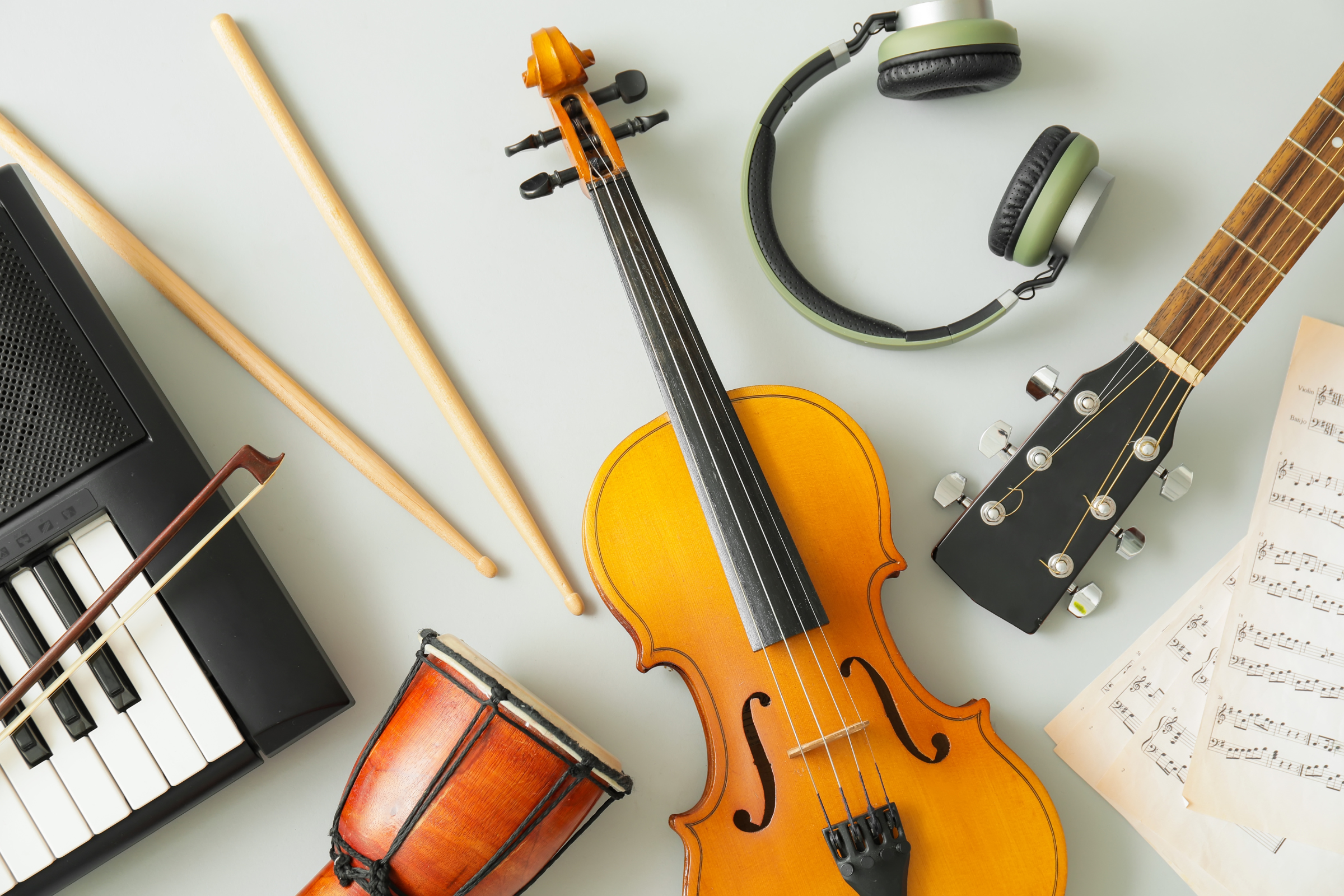Copyright protection refers to “an original work of authorship fixed in a tangible medium in expression.” So, what does this mean? When someone creates something new that took significant mental effort to create, it becomes their intellectual property. In turn, their work is protected from being copied without their permission. Copyright is an important part of intellectual property law because it grants the creator of original material the exclusive right to use, reproduce, distribute, or perform the work (just to name a few).
It is important to note that copyright does not protect all works but is limited to creative expression. Creative expression refers to the way people express their ideas, concepts, or information uniquely and originally. When creators put these expressions into something physical, like a book or a painting, it becomes protected by copyright. This protection arises from creative choices made by authors, artists, composers, or creators who use different mediums to express their thoughts, feelings, or experiences. Creative expression can be found in various forms, such as literature, music, visual arts, films, architecture, software code, and more. As technology has progressed and our society has continued to innovate, copyright issues have been plentiful. One notable trend causing a stir in the world of intellectual property law is the emergence of (“AI”) generated music.
AI music is a new technology that uses clever computer programs, called artificial intelligence algorithms, to create and compose music on its own. AI music works by using inputs like emotions or musical elements to create special melodies, harmonies, rhythms, and even whole songs. You might have noticed this trend on TikTok, where there are examples of AI-generated music like “new” songs by Drake and Kanye West, Michael Jackson “covering” songs by The Weeknd, or even beloved cartoon characters Squidward Tentacles and SpongeBob SquarePants rapping “Rich Flex” by Drake and 21 Savage.
In April, there was a notable AI music controversy when an artist named “Ghostwriter” released a song called “Heart on My Sleeve” on social media. The song stirred controversy because it featured AI-generated music that closely resembled the voices of two popular music stars, Drake and The Weeknd. The song went viral and attracted 6.9 million views on TikTok. “Ghostwriters” use an AI tool to copy their voices in the song, and people can also use AI to generate lyrics that are similar to those of popular artists. Basically, “Ghostwriter” used artificial intelligence to create a song that imitated the style and lyrics of Drake and The Weeknd, using artificially generated versions of their voices.
AI-generated music like the examples mentioned above presents new copyright issues that have not yet been encountered. In response, the United States Copyright Office launched a new AI Initiative in March 2023. The purpose of this initiative is to investigate the copyright law and policy matters brought forth by artificial intelligence, including the extent of copyright protection for works generated using AI tools and the utilization of copyrighted materials in AI training.
It is expected that the Copyright Office will face an increasing number of legal disputes concerning AI music and copyright. Although there is no significant case law on this subject yet, the Copyright Office has considered AI artwork produced for a graphic novel and denied copyright protection for this artwork, comparing the use of AI to hiring an artist. This is only the beginning of intellectual property law concerns connected to AI, and we can expect that more new legal issues will emerge as AI technology continues to advance.
King Law Offices is a full-service law firm with an outstanding team of professionals who work diligently, creatively, and compassionately on behalf of our clients each day. If you have a potential claim involving an affair or alienation of affection claim being brought against you, contact King Law at 888-748-KING (5464) for a consultation. We have offices located across western North Carolina and upstate South Carolina. We are here to serve you and to guide you as we navigate this journey together.


